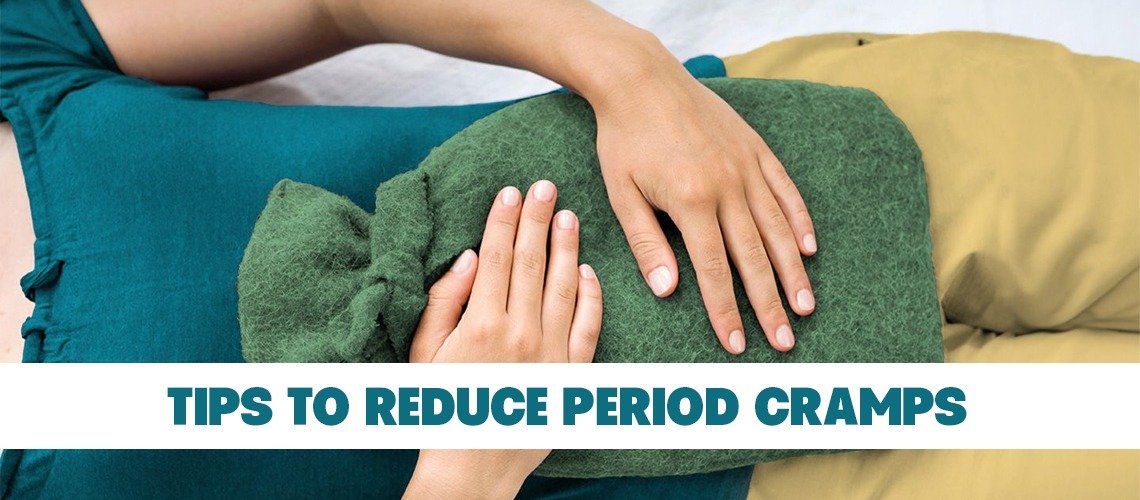Tips to reduce Period Cramps
Managing period cramps involves employing a range of tips to reduce period cramps recommended by healthcare experts to alleviate discomfort and enhance overall well-being.
Firstly, applying heat is a straightforward yet effective method to relax muscles and ease menstrual cramps. Dr. Borchardt advises using a heating pad on the abdomen or back, taking a warm bath, or using heating patches for discreet relief.
Secondly, choosing the right pain reliever is crucial. Non-steroidal anti-inflammatory drugs (NSAIDs) like ibuprofen and naproxen are highly effective as they reduce prostaglandins, which are hormones responsible for uterine contractions that cause cramps. Acetaminophen, while also providing pain relief, does not target inflammation.
Physical activity, contrary to common belief, is beneficial for managing period pain. Exercise triggers the release of endorphins, natural chemicals that alleviate pain. Moreover, regular exercise helps regulate stress levels, which can exacerbate cramping.
Reducing stress is equally important in managing menstrual discomfort. Stress can lower pain thresholds and intensify cramps. Dr. Borchardt recommends stress reduction techniques such as yoga, deep breathing exercises, meditation, and counseling to promote relaxation and alleviate period-related discomfort.
Nutritional support through a healthy diet rich in specific vitamins and minerals may also aid in alleviating cramps. Although more research is needed, evidence suggests that vitamins like B1 (thiamin) and minerals like magnesium can help reduce menstrual pain. Foods such as nuts, seeds, whole grains, legumes, leafy greens, and fruits like oranges provide these beneficial nutrients.
In conclusion, managing period cramps involves a holistic approach that includes applying heat, selecting appropriate pain relievers like NSAIDs, engaging in regular exercise to release endorphins and reduce stress, adopting stress reduction techniques such as yoga and meditation, and maintaining a nutritious diet rich in vitamins and minerals known to alleviate cramps. While these strategies may not completely eliminate discomfort, they significantly improve symptoms and enhance overall quality of life during menstruation. For personalized advice and treatment options, consulting with a healthcare provider is recommended.

